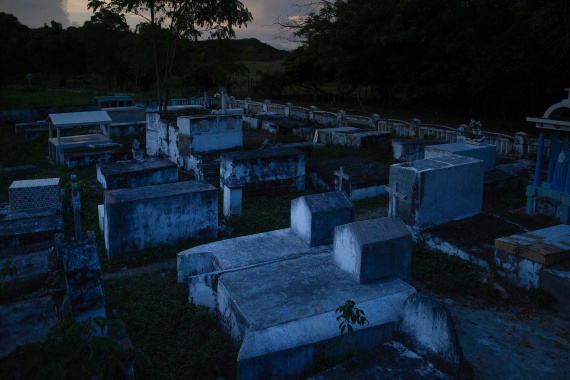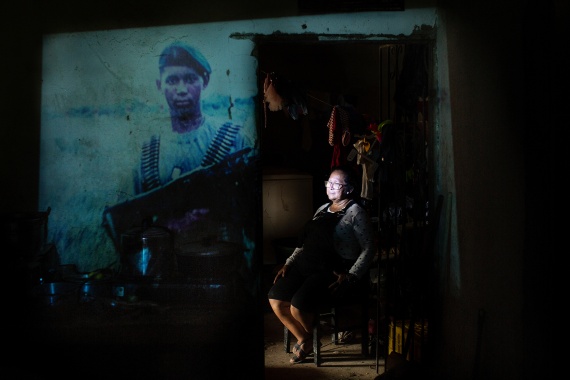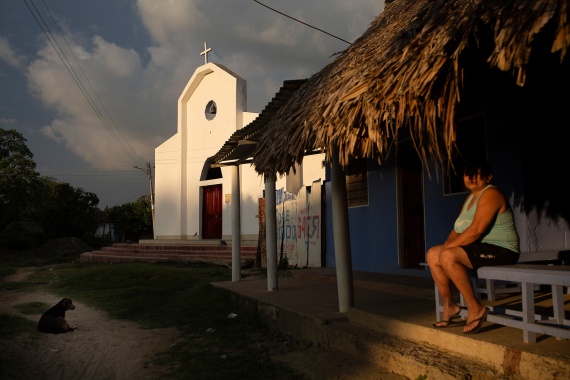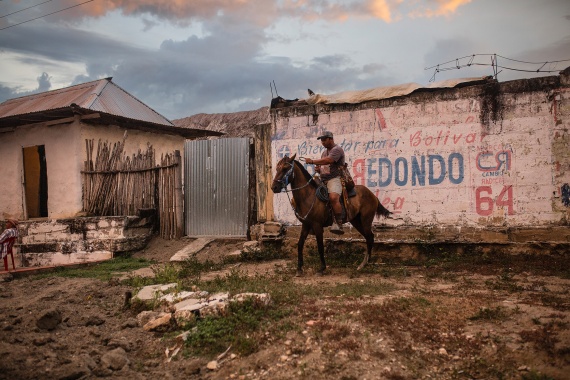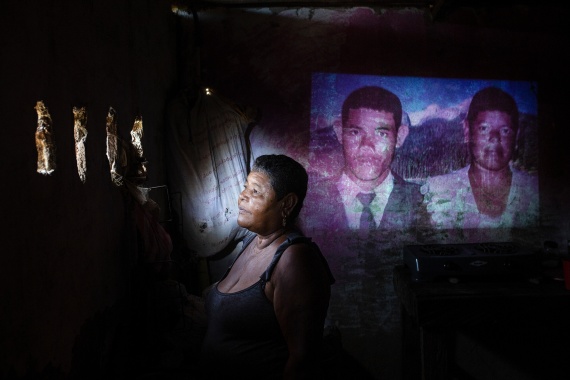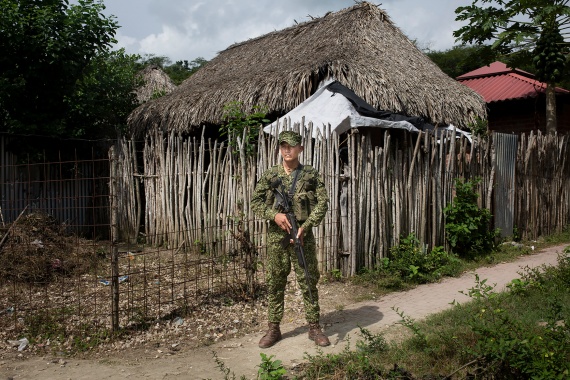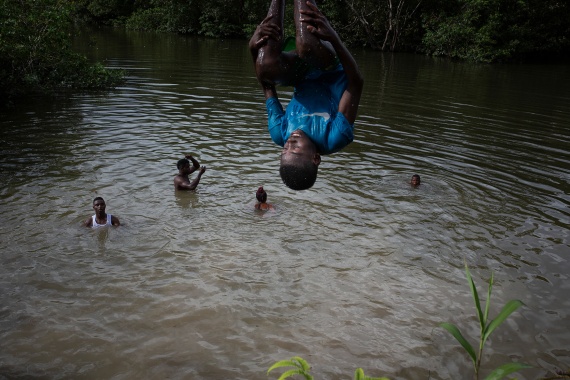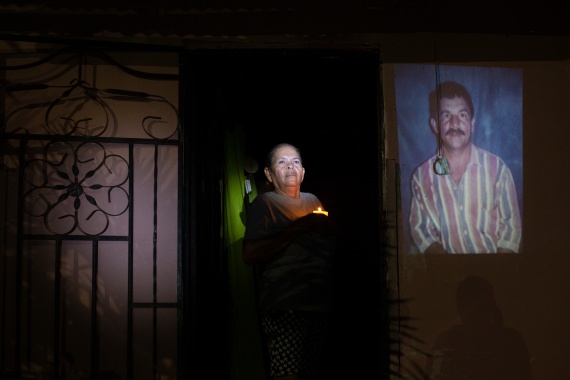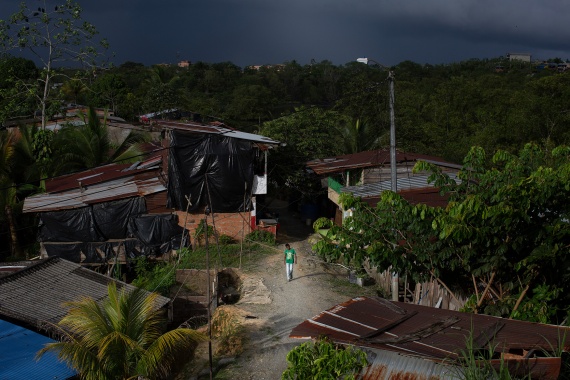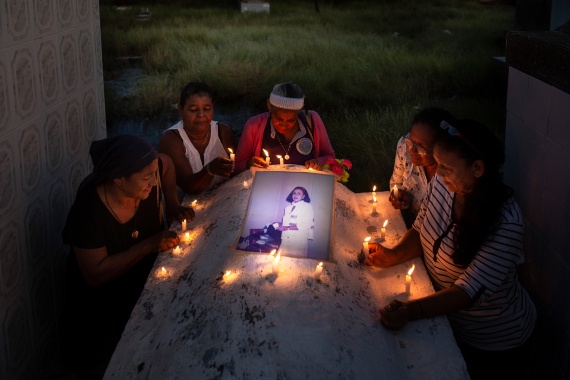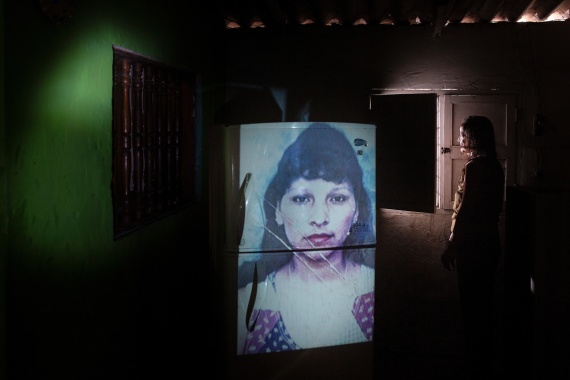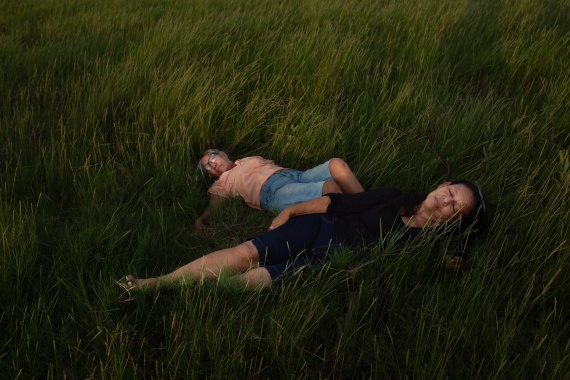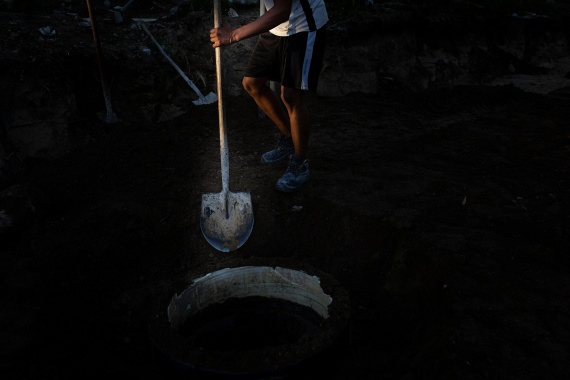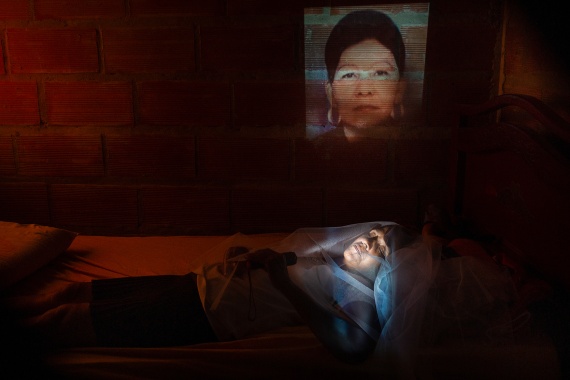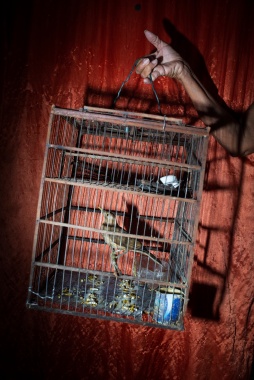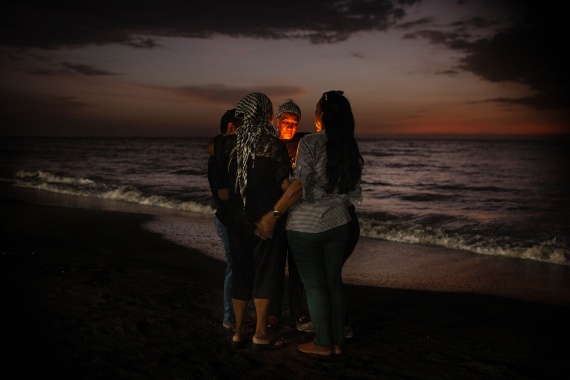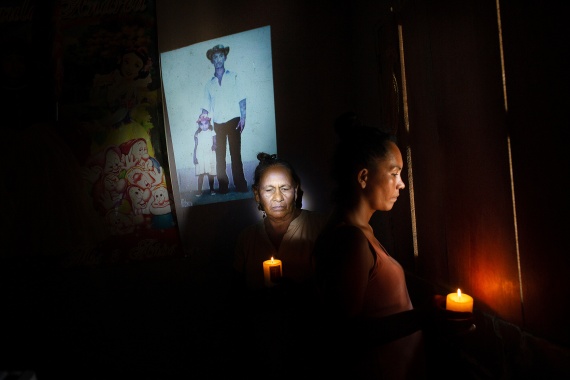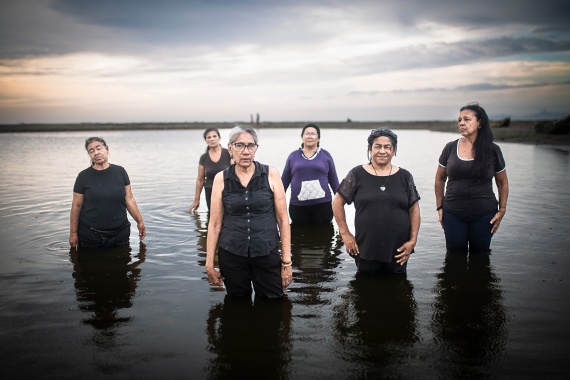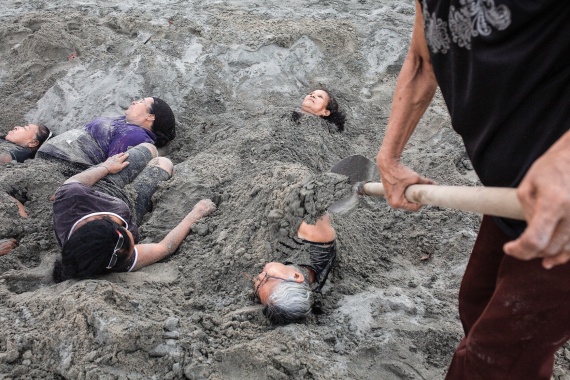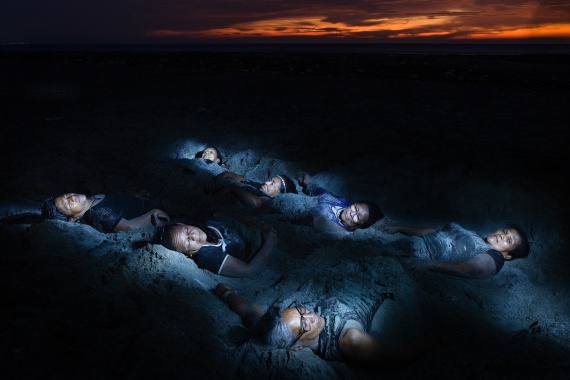Edu León: Unearth the Memory
For over half a century, people in Colombia have repeatedly been the victims of armed conflicts and massacres. The Spanish photographer has been dealing closely with the affected women and the traumas they suffer.
The armed conflict in Colombia is one of the longest and bloodiest conflicts in Latin America. It has involved various groups over more than fifty years: FARC (Revolutionary Armed Forces of Colombia—People’s Army), the ELN (National Liberation Army) and different paramilitary organisations. Complex factors, such as social inequality, displacement, land conflicts and drug dealing, play an on-going role. The consequences of these struggles are devastating for the Columbian population. It has been estimated that over 220 000 people have been killed and more than eight million displaced. The indigenous and Afro-Colombian groups have been particularly hard hit. There is also the suspicion that thousands have disappeared or been victims of sexual violence as a result of the conflict. The drug trade plays a decisive role within all this. Colombia is one of the world largest producers of cocaine, and armed groups have been involved in the trade to secure their financing. The illegal dealings lead to violent clashes over the production and smuggling of cocaine. In addition to the Peace Agreement in 2016, the Colombian government has taken various measures to promote peace in the country. Their success, however, appears to be limited.
“The message I would like to convey is to not forget.”
In June and July 2022, the photographer travelled to three locations: two cities located in the north of the country, El Salado and La Ciénaga, and the port city of Buenaventura, which is of great importance for the country’s export trade. León focussed on the women in particular. “In 2022, the Human Rights Defenders Memorial confirmed the murder of 401 people defending human rights in 26 countries. 186 of them were in Colombia,” the photographer points out. “It is also one of the countries where the victims have formed one of the most combative civil societies, made up primarily of women. Defending women play a fundamental role. They are on the front line of the processes defending the land and territories; they articulate their own types of resistance in public and private spaces. They defy power structures vis-à-vis the state and corporate actors. It is they who are at the forefront of local initiatives to recover memories and to build peace.”
While there, León had many intense conversations, from which ideas for the presentation of his work emerged. “It was a process of spending time with them, talking, looking at photos from the past and having them tell me about the open wounds resulting from what they have been through: forced displacements and the massacres that occurred with relatives and neighbours,” he says, speaking about how the work evolved. “At the end of this process, I invited them to be photographed together with pictures of their murdered or disappeared relatives; and to be part of other symbolic photographs that express their union as women, their resilience and their struggle.”
Leon’s project was proposed by Gonçalo Fonseca, who was among this year’s 60 international LOBA nominators.
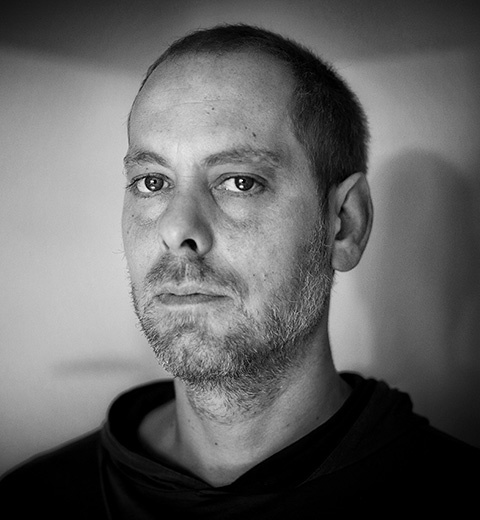
Edu León
Born in Madrid, Spain, in 1977, León’s work focuses on social conflicts and migration issues. He has worked with international organizations such as the Red Cross, UNHCR and Amnesty International. His images have been published in The Guardian, Time, Newsweek, on Vice News and in the New York Times, among others. León was the winner of the Quito 2016 Photojournalism for Peace Award. He was Gabriel García Márquez Award Finalist in 2019 and 2020, and has won the first place in the Pictures of the Year (POY) International 2023 competition.
Portrait: © Edu León
